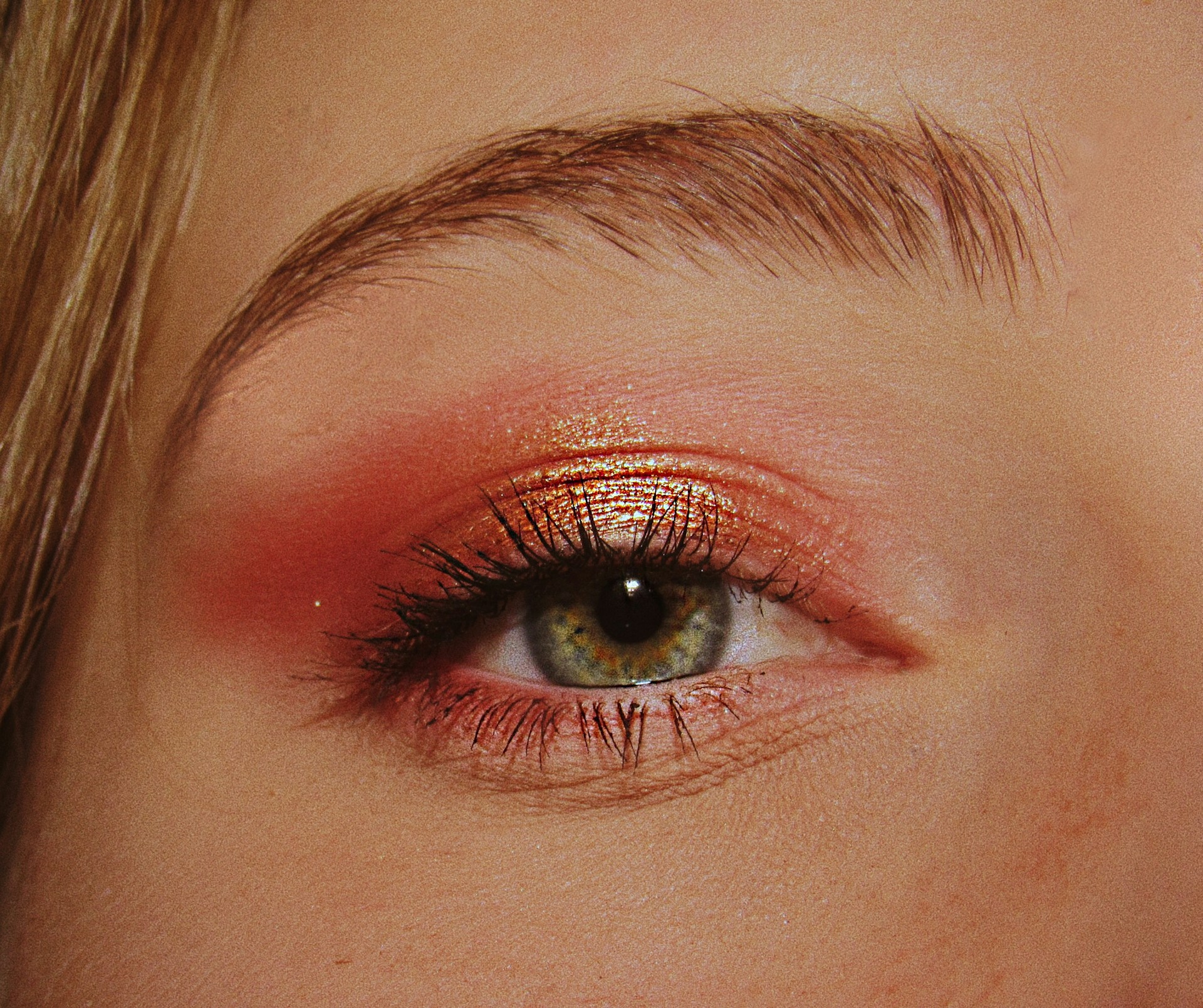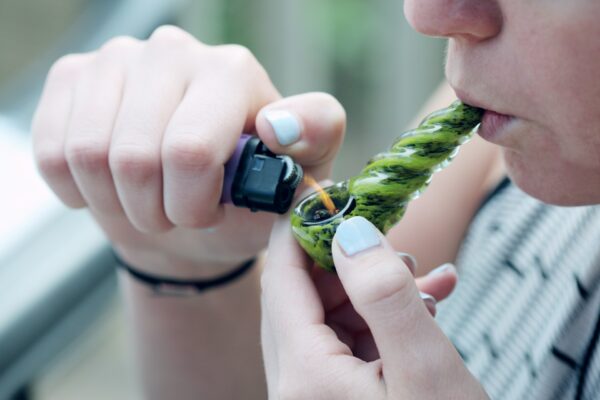Let's get started...
Understanding the Connection Between Makeup and Acne
For many teenagers, exploring different makeup products can be a fun and expressive way to showcase their individuality. But for some, it raises an important concern: the relationship between makeup and acne. We've all heard the warnings that wearing makeup can lead to acne breakouts, termed "acne cosmetic a." This type of acne occurs when cosmetics clog the pores. Let's delve into this topic to better understand the dynamics of how makeup might affect your skin health and what you can do to prevent potential breakouts.
What Causes Acne?
Before addressing how makeup might link to acne, it's crucial to know what acne is and why it occurs. Acne is a skin condition that arises when your hair follicles become blocked with oil and dead skin cells. This can cause whiteheads, blackheads, or pimples. Acne is most common among teenagers, partly due to hormonal changes that increase oil production, but it can affect people of all ages.
Several factors contribute to acne, including genetics, diet, stress, hormone changes, and yes, external factors like the use of certain makeup products.
How Can Makeup Cause Acne?
Makeup doesn't cause acne in the traditional sense; it's not the makeup itself but how it interacts with your skin. Here are a couple of ways it might lead to issues:

- Comedogenic Products: Some makeup products contain ingredients that can clog pores, known as comedogenic. These products are more likely to contribute to the formation of acne.
- Poor Hygiene Practices: Using old makeup or dirty brushes and applicators can introduce or spread bacteria on your skin, leading to breakouts.
Identifying Comedogenic Makeup
To manage or prevent makeup-induced acne, understanding which cosmetic products are comedogenic is essential. Comedogenic ingredients such as certain oils, silicones, and waxes can exacerbate or lead to the formations of acne. These days, many brands indicate on their labelling whether a product is non-comedogenic, meaning it's specifically formulated to not block pores.
Guidance for Teens on Choosing and Using Makeup Wisely
Navigating the world of makeup while trying to prevent acne might seem daunting, but it's entirely possible with the right knowledge and techniques. Here are some practical strategies:
Opt for Non-Comedogenic Products
When shopping for makeup, look for products labelled as "non-comedogenic." These are designed not to clog pores and are generally safer for those prone to acne.
Understand Your Skin Type
Knowing whether you have oily, dry, or combination skin can help you choose products that complement your skin type, decreasing the likelihood of breakouts.
Keep it Clean
Always apply makeup with clean hands and tools. Make it a habit to wash brushes and sponges weekly, using gentle soap and water to remove oil, dirt, and bacteria.
Limit Makeup Use
Give your skin a break from makeup regularly. When not necessary, opt for minimal or no makeup to allow your skin to breathe and maintain its natural balance.
Always Remove Makeup Before Sleeping
Never sleep with makeup on, as this can greatly increase the risk of acne. Ensure you remove all makeup at the end of the day with a gentle cleanser or makeup remover.
Monitor Your Skin's Reaction
When trying out a new product, pay close attention to how your skin reacts over the next few days. If you notice new breakouts, discontinue use of the new item to determine if it is the cause.
Real-Life Impact of Acne on Teenagers
Acne isn't just a physical issue; it can also impact emotional well-being. Many teens feel self-conscious or embarrassed about their skin issues, which can affect self-esteem and social interactions. Educating yourself about the relationship between makeup and skin health is crucial and can empower you to make choices that prioritise your skin's health and your overall confidence.
Conclusion
Makeup should be fun and a way to express yourself - it shouldn't be a source of stress. By understanding the ingredients in your makeup, maintaining stringent hygiene practices, and making informed choices about the products you use, you can enjoy makeup while keeping your skin as healthy as possible. Remember, if you're struggling with severe acne, consulting a dermatologist can provide tailored advice and treatment options tailored to your unique skin needs.
How are you feeling?
It is really important that when we need help, we feel able to ask for it. This could be speaking to a parent, a close friend, a teacher or someone else you trust. Sometimes it can be really hard to share our feelings with other people but if we are feeling low or don't know where to turn, sharing with others is really important. Teachers will always take you seriously and listen to your problems in confidence if you approach them for help. Likewise, parents, siblings or friends will help you if you reach out to them.
If you feel like you can't speak to anyone you know, there are people and organisations that can help support you:
- Childline - Call them on 0800 1111 any time of the day or night, every day of the week
- NSPCC - Call them on 0808 800 5000 between 10am and 4pm Monday to Friday or email them on help@NSPCC.org.uk
- The Samaritans – Call them on 116 123 any time of the day or night, every day of the week
- SANE – Call 0300 304 7000 for support (4:30pm - 10:30pm every day)
- Mind – Call 0300 123 3393 (9:00am - 6:00pm Monday to Friday)
*Sometimes we will use real life examples in our articles to aid understanding. When we do, names and ages will be changed.













